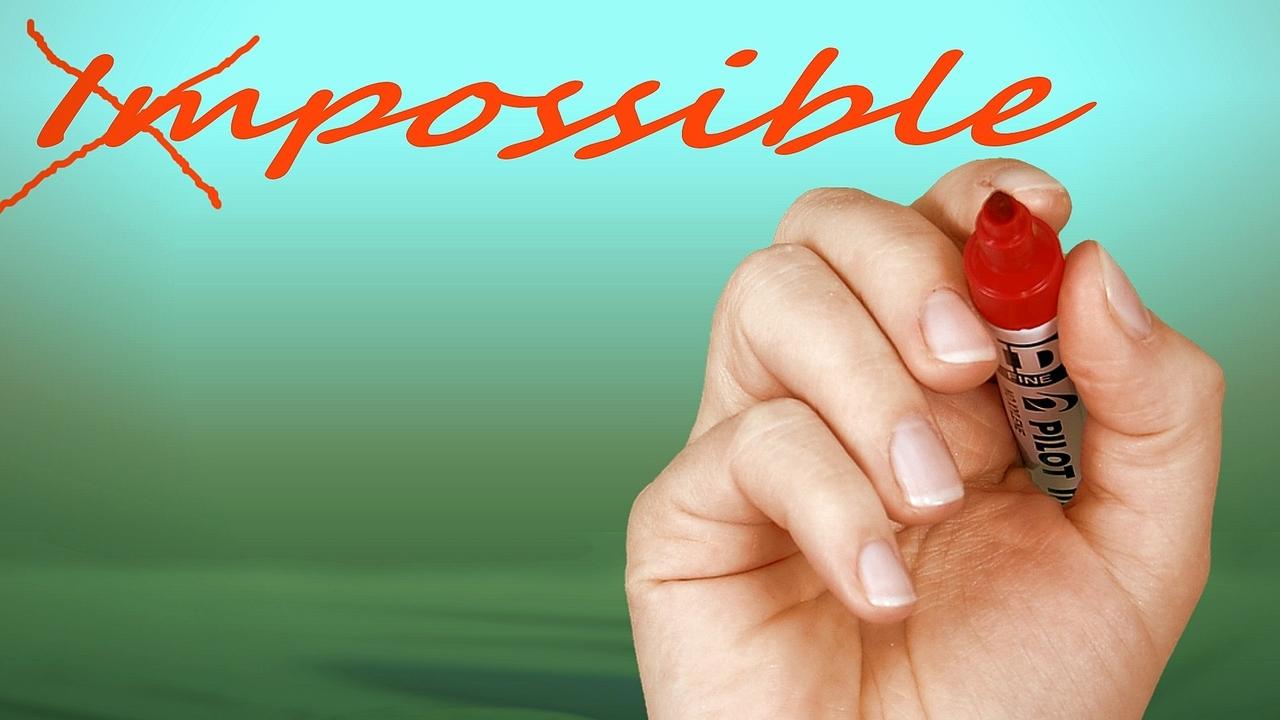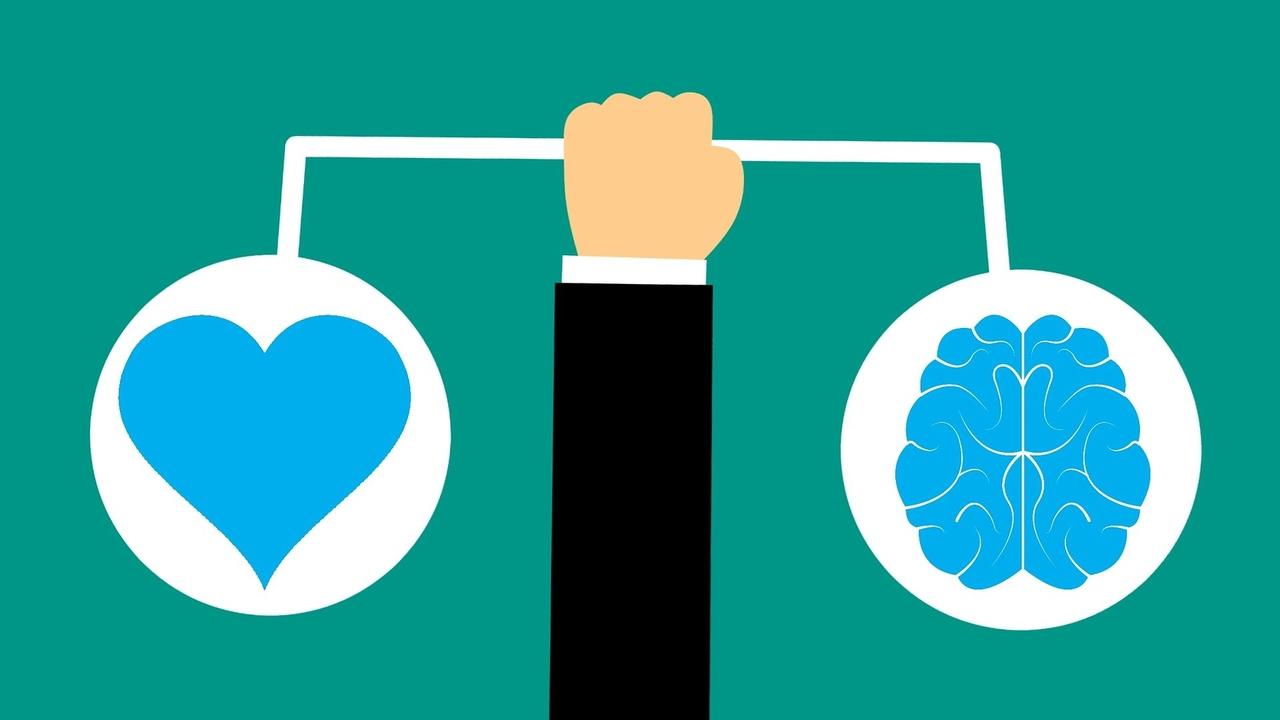Mindfulness for Stress Management

First, let me explain the stress response. When we feel a sense of threat, a stress response is activated. The problem is, if we are continuously under stress (or continuously perceiving many things as stressful/threatening), we start experiencing a stress response more easily, and often inaccurately. If you know anyone who is highly irritable or quick to become tense, they may be experiencing high levels of perceived stress, and therefore their stress response is easily triggered.
This is where mindfulness comes in. If you practice mindfulness on a regular basis (5-20 minutes a day), your baseline level of stress is lower, and the inaccurate stress response becomes more difficult to trigger. This is a good thing! Don’t worry, when a real threat presents itself, you’ll still respond appropriately. (BTW, specific information about what mindfulness is, and how to achieve it, was addressed in my last email. If you deleted...
“What exactly is mindfulness?”

“What exactly is mindfulness?”
This is a question a client asked me earlier this week. As I explained it, it occurred to me that MINDFULNESS, is critically important, popular, but not well understood. So of course I was excited to teach you all about it too!
In short, mindfulness is attention and awareness of the present moment.
To expand, it is thankfulness, peacefulness, and observing thoughts without judgement.
Mindfulness is not the same as meditation, though meditation is one way to achieve mindfulness. Mindfulness is the result of being present and in the moment. An example is sitting and being aware of your senses in the here and now. That is, taking a few minutes to sit quietly and only pay attention to what you see, hear, smell, taste, and feel (touch).
Medical research has found that achieving mindfulness for a few minutes a day (usually 5-20) can improve mood, happiness, longevity, memory and concentration, work...
Stop 🛑 Negative Thinking with this Simple Strategy

The way you think affects the way you feel, and vice versa. This is why it's critical to have a positive inner dialog. That is, the thoughts you're saying to yourself in your own mind, the ones that no one else will hear, need to generally be positive, optimistic, and come from a place of love. If your thoughts are already positive, keep it up! If not, read on...
The first step towards having a positive inner dialogue is to recognize the negative thoughts as negative. This might sound easy, but some people have had so many negative thoughts for so long that they don't even notice how negative the thoughts are.
Once you create awareness around the negative thoughts, work on challenging them by being a friend to yourself! I like this particular method of changing negative inner dialogue because it's, quite simply, so obvious. Ask yourself, what would you tell a friend who has the same negative thought you're having? It's obvious...
The 1% Rule: How to Achieve Your Goals

I recently read a book called "The 1% Rule," by Tommy Baker, recommended by a friend who's a business owner, entrepreneur, and a person who is generally trying to make the world a better place. He knows, like I do, that making the world a better place starts with taking care of ones own mental and physical health. The book is mostly about business, and it applies to all types of personal achievements! The premise is that you can't achieve any goal overnight, rather it's about doing a little bit everyday. The 1% Rule is to improve 1% everyday!
if you know anything about the game of golf, you know that it's very rare to make a hole-in-one. In fact, even the best golfers don't approach the tee planning on a hole-in-one. Rather, the golfer's plan is to get a little closer to the hole, and put the golf ball in a better position to get closer on the next shot and so forth. If you do get a hole-in-one, GREAT! You beat the odds by a long shot (see what I did there!? ) But...
Optimism and Happiness with this Quick Strategy

This might be the most important thing you read all day. I’m not kidding :) Scientific research has found that there is something each person can do in their daily lives that will improve happiness, mental health, relationships, physical health, optimism, and decrease stress/anxiety/depression (R. Emmons, Ph.D., 2007). Sounds like the answer is going to be some complicated, time intensive, and expensive treatment, but it’s not. It can take as little as 5 minutes a day!
The answer is… cultivating gratefulness! Yes, CULTIVATING GRATEFULNESS, by focusing on what you're grateful for a little bit every day, can have all of those benefits and more.

There are several ways to cultivate gratefulness in your life. Here is my favorite:
- Buy a journal that is specifically dedicated to gratefulness. Every night before bed, write down two things you’re grateful for (they could be things that happened that day, or anything else you’re grateful for). Then spend...
The 5 Components of Happiness
What makes someone happy? Why are some people happy and others aren’t? What are the biggest life factors that influence happiness? What can I do to be happier?
Happiness is obviously a big topic in psychology, and in my practice as a Clinical Psychologist.
In this article I’m going to present a model of happiness, based on research and my clinical experience. AND tips on how to INCREASE HAPPINESS based on the 5 components outlined below.
Psychologist and the founder of Positive Psychology, Martin Seligman, Ph.D., describes the elements of happiness as consisting of 5 elements using the acronym “PERMA” (Positive emotions, Engagement, Relationships, Meaning and Achievement):
- Positive Emotion: Positive emotion can also be thought of as a feeling of optimism about yourself, your life, and the past, present, and future. It’s about having an understanding of the ups and downs in life, but the ability to focus on the “ups.” If you struggle...
4 Surefire Ways to Keep Your Resolutions this Year

We've all heard the typical advice about how to set goals for the new year - write them down, track your progress, don't give up! While I encourage you to do those things too, in this article I am going to provide you with the next level of ways to make achieving goals really happen. If you're serious about making a change, achieving a goal, and optimizing your life this year, then these tips are for you!
#1 Reward yourself. Think of something you'd like to do with $120. Write it down. Then save that money by achieving your goals. For example, if your goal is to read a book a month, then when you complete the book, put a $10 bill in a jar. At the end of the year you'll have $120. Think of something in that price range and buy it at the end of the year. Take an even more aggressive approach- print a picture of that $120 thing and put it on the jar so you see it everyday as a reminder of what you're working towards. You can use the same method to achieve all types...
Understanding and Improving Your Emotional Intelligence - Advance your career and improve your relationships!

Emotional intelligence (EQ) is the ability to recognize, control, and express one's own emotions in an appropriate and reasonable manner, AND the ability to recognize, validate, and even influence the emotions of others.
Benefits to having a high EQ are: more success in your personal relationships, better ability to communicate with others, reduced stress and anxiety, having more empathy, and the ability to overcome life's challenges. If your EQ is great, so is your quality of life!
Signs that you have a high EQ:
- You think about your feelings and the feelings of others. You tend to stop for a moment to really understand how you or someone else feels. This process is essentially a part of your regular habits.
- You are willing to hear what other people think about how you, in terms of how you react and behave. This includes being able to hear negative feedback about yourself with little or no defensiveness.
- You feel and express...
Guided Imagery Meditation: What it is and why you should try it
In this post you will learn about a type of meditation called Guided Imagery, and the Top 5 benefits of trying it. There are various Guided Imagery "scripts" that take you on a mental, guided journey. There are scripts to help people fall asleep, to visualize success, to reduce anxiety and more. Watch the video or click here to listen to our newest guided imagery. In this particular one, you will go on a journey to a peaceful place in your mind. This is a place you can always return when feeling stressed, upset or overwhelmed. This is a fairly short Guided Imagery. Some are longer. Several of our other Guided Imagery Meditations are available at https://www.psychsavvy.com/p/freebies
Top 5 Benefits of Guided Imagery Meditation
Meditation has received a lot of attention lately, even though it’s a centuries old practice. You may be familiar with it as a way to calm the mind by focusing on a word, phrase, or sentence that is repeated, or by trying to...
How to Create a Positive Atmosphere in Your Relationship

Here's a strategy that is almost certainly going to create a more positive vibe in your romantic relationship...
1. Take a minute right now and think of 3 positive aspects of your partner’s personality.
2. Next, write down a short story of a time your partner demonstrated each of those 3 characteristics.
3. Tell your partner one of those stories, everyday for the next 3 days.
The idea is that if you acknowledge the positive characteristics of your partner, you are helping to create a positive culture of appreciation in your relationship. This is extremely important to the health of relationships.
EXAMPLE:
3 positive characteristics: Creative, Reliable, Funny
Tell your partner a story about them being...
1. Creative: “I was so impressed by the creative ideas you had about how to decorate our living room.”
2. Reliable: “I really appreciated you picking me up last week when I got a flat tire. It means so much to me that I know...
